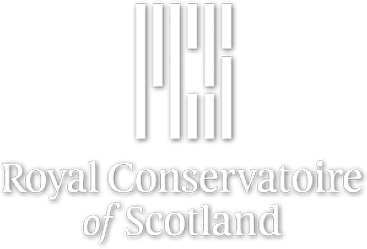Musicians as “Makers in Society”: A Conceptual Foundation for Contemporary Professional Higher Music Education
Research output: Contributions to journals › Article › peer-review
Contributors
About
This paper considers the purpose, values and principles underpinning higher music education (HME) as one of the performing arts in a context of turbulent global change. Recognising complex challenges and opportunities in this field, HME is addressed from dual perspectives: educating the next generations of professional musicians, and higher music institutions’ (HMEIs) engagement in society. The paper has a particular focus on the sector within HME that is dedicated to intensive practical craft training for performers, composers, programmers, producers, managers, and teachers. We argue that there is an urgent need for fresh orientating frameworks through which to navigate HME’s development. We examine concepts such as artistic citizenship, social responsibility and civic mission increasingly perceived to be relevant to the sector, and we explore their connexions to concepts of artistic excellence, imagination and creativity, and musical heritage. We identify apparent dichotomies of value within contemporary HME, including between intrinsic and instrumental purpose in the arts, cultural heritage, and new work, artistic imagination and entrepreneurship, and we argue that creative tensions between what have hitherto easily been perceived as opposing concepts or competing priorities need to be embraced. To support our argument we draw on the particular ethnomusicological concept of “musicking,” and we look toward a partnering of artistic and social values in order to enable HME to respond dynamically to societal need, and to continue to engage with the depth and integrity of established musical traditions and their craft. Based on this discussion we propose a conceptual foundation: the “musician as a maker in society,” in which developing vision as a musician in society, underpinned on the one hand by immersion in musical artistry and on the other hand sustained practical experience of connecting and engaging with communities, offers invaluable preparation for and transition into professional life. We propose that this idea, connecting societal and artistic vision and practise, is equally essential for HMEIs as it is for musicians, and sits at the heart of the roles they evolve within their local communities and wider society.
Details
| Original language | English |
|---|---|
| Journal | Frontiers in Psychology |
| Volume | 12 |
| Publication status | Published or Performed - 2021 |
